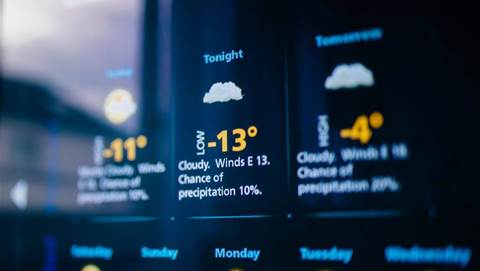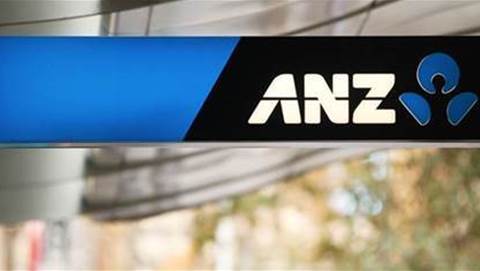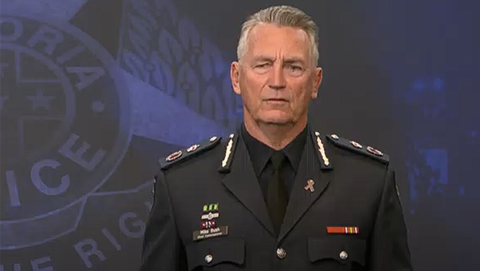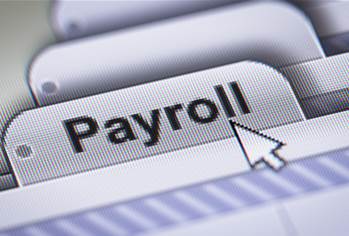Australia’s public broadcasters – the ABC and SBS – could end up turning to shared services, pay-per-view premium video streaming and even dumping digital radio to cope with deep cuts to their operating budgets.

Communications Minister Malcolm Turnbull today confirmed that the ABC’s budget will be reduced by $254 million over the next five years, and SBS’ budget by another $25.2 million over the same period.
Alongside the announcement, he also released the executive summary of a review his department commissioned into the opportunities for efficiencies within the two organisations, which points to technology as one of the broadcasters’ best cost-cutting hopes.
The efficiency review suggested the ABC and SBS look into monetising their popular video-on demand services as a way of injecting revenue back into their operations.
The review team said it was open to the ABC and SBS to:
“.. direct viewers to a pay-per-view service at the conclusion of the period during which their catch up services are available for free on their websites.
“The ABC and SBS could also direct viewers to a pay-per-view service should viewers wish to see these programs in high definition or access archival material.”
- ABC and SBS Efficiency Study
The study also suggested that the free-to-air TV industry might team up to establish an “industry-wide digital platform for providing catch up services”.
Back office shared services – including IT – between the ABC and SBS are also on the table.
The review suggested this approach could involve the establishment of a separate corporate services entity that would either be wholly owned by the broadcasters, or partly owned by a third party which would oversee operations.
“This approach would enable the broadcasters to capitalise on the expertise of a private sector operator while setting the service standard for performance. The study found that outsourcing functions to a third party operator would achieve additional savings by eliminating duplicate levels of administration and management.”
- ABC and SBS Efficiency Study
Some of these back office functions could be co-located at existing ABC or SBS premises.
In the firing line to be cut altogether - if the independent broadcasters decide to heed the suggestions of the review team - is digital radio transmission. The report argues that the medium is duplicated by online streaming – and the satellite re-broadcast of ABC programming to Foxtel viewers.
The statutory independence of the two public broadcasters means that the Government cannot intervene in how and where they choose to spend allocated funds, so it will be up to ABC and SBS management to determine their own strategies for coping with the measures.
Turnbull today repeated the Government’s claim that “these savings can be achieved without affecting the diverse range and quality of programmes provided by the ABC or SBS”.
“Suggestions that popular programs or services are at risk because of Budget savings are not credible,” he said in a statement.
SBS managing director Michael Ebeid, however, quickly retorted that his is an “extremely lean organisation” already, operating on roughly one-fifth of what he says the other free-to-air broadcasters spend in a year. He said strategies to achieve back office efficiencies are already underway.


.png&h=140&w=231&c=1&s=0)






.png&w=100&c=1&s=0)

 iTnews Benchmark Security Awards 2025
iTnews Benchmark Security Awards 2025
 Digital Leadership Day Federal
Digital Leadership Day Federal
 Government Cyber Security Showcase Federal
Government Cyber Security Showcase Federal
 Government Innovation Showcase Federal
Government Innovation Showcase Federal
 Digital NSW 2025 Showcase
Digital NSW 2025 Showcase












_(1).jpg&h=140&w=231&c=1&s=0)



